Beating COVID-19 in the South Pacific
The Cook Islands have been “COVID-19 free” for more than a month – without one diagnosed case since the pandemic erupted. Across the international date line, the country’s associated state of New Zealand has beaten back the disease with just three new cases in the first two weeks of May. The nations of the world wonder what’s the story behind their success.
Although a few more than 1,000 New Zealanders contracted COVID-19, none have died. And, following New Zealand’s protocol enabled the neighboring Cook Islanders to be spared the virus entirely. But, both countries have experienced hardships resulting from strategies to protect their citizens. ooking ahead, what does post-COVID-19 life look like for Global Volunteers’ partners on Rarotonga?
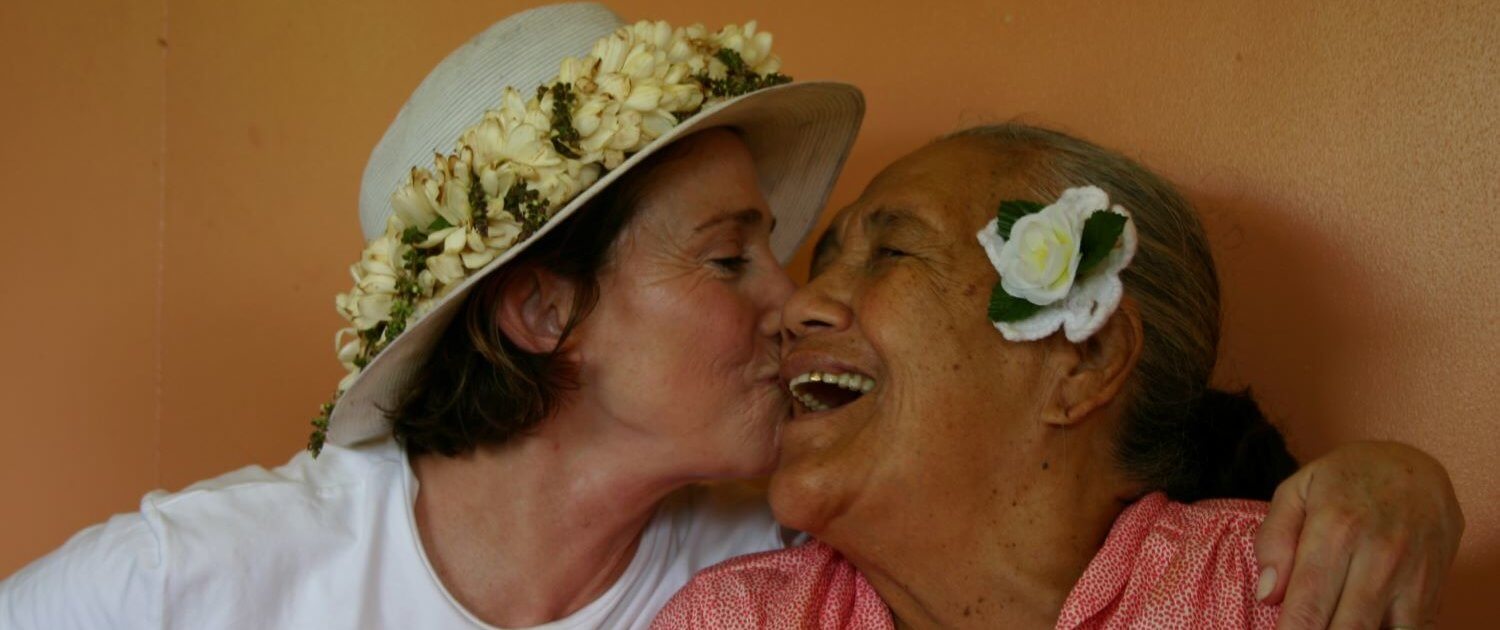
“Go Hard, Go Early”
The New Zealand government took a strong and aggressive approach to fighting COVID-19. All borders were closed to non-residents on March 19 (two weeks after the first reported cases), while returning citizens and residents were required to self-isolate. On March 25th, the country went into nationwide lockdown. But although these measures appear to have helped, they were not among the hardest nor the earliest in the world. In fact, many countries that applied harder and earlier measures, like Ecuador or Peru, have not yet seen consistent declining infection rates. One might think that the key behind New Zealand’s success was a higher level of compliance with the lockdown. But then again countries with even higher reductions in mobility rates like Turkey or Ecuador have not seen a decline in the number of infected people.
At the same time, the Cook Islands applied similar measures, though not as harsh. Cook Islands Country Manager James Puati says, “Being uncertain about the trajectory of the COVID-19 pathway has required the Cook Islands’ response to mirror as much as feasible the country we operate in free association with, New Zealand. New Zealand appears regularly on the positive side of the statistical outcomes with their ‘go hard and go early’ response.” On March 16, flights to the islands from destinations other than New Zealand were canceled. Ten days later, public gatherings were restricted, including schools, but the country never went into full lockdown. Despite this, the country never reported a single case of COVID-19, and by April 17 it was declared “COVID-19 free.” In the following days, restrictions were progressively lifted.
As of the situation today, James reports, “The Cook Islands are currently in the systematic process of welcoming its stranded people (approximately 300) back into the fold. However, this has come after a mandatory quarantine period of fourteen days in New Zealand as well as fourteen-day supervised quarantine in Rarotonga.”
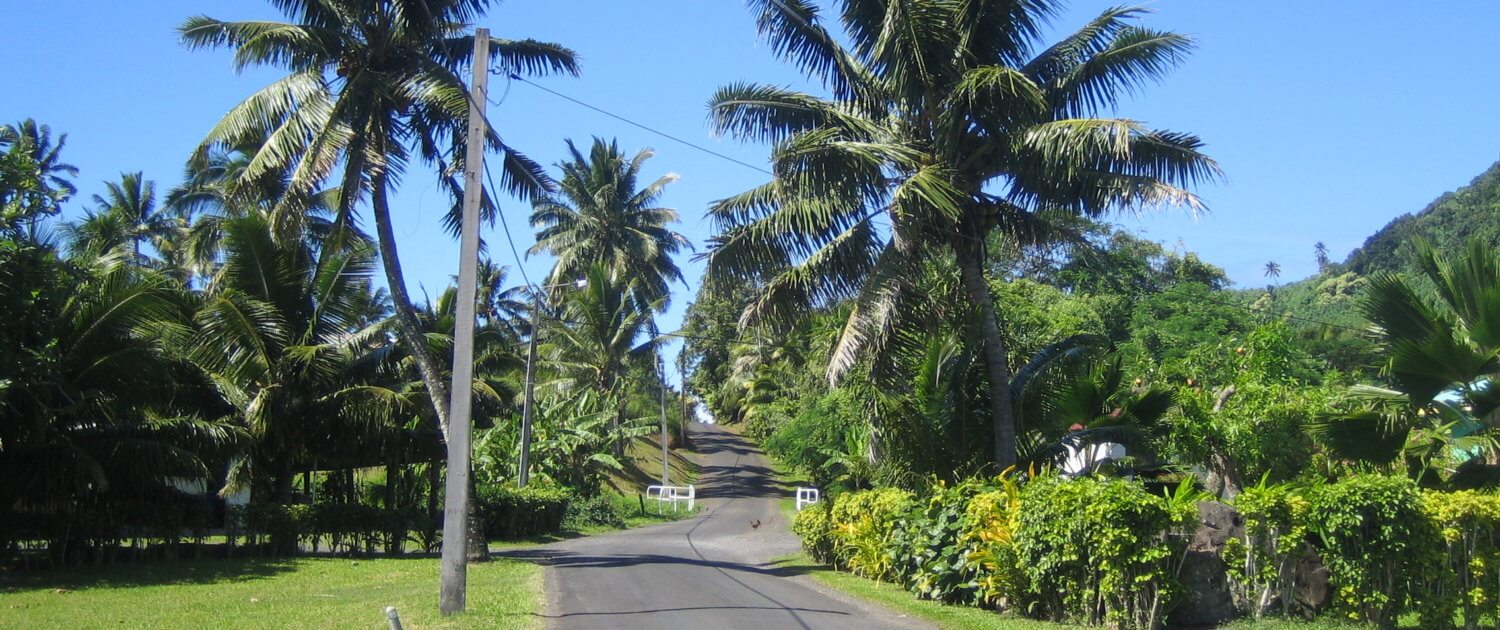
Testing and Tracking
A measure that may be behind New Zealand’s success over COVID-19 is their testing efforts. New Zealand worked rigorously to increase its testing capabilities. The country can now process 8,000 tests per day, one of the highest testing rates per capita in the world. Another distinctive measure of New Zealand was its insistence on tracing COVID-19 cases. In many countries, as the number of cases of COVID-19 spiraled, governments eventually gave up on trying to trace contacts. Yet New Zealand came up with a sophisticated digital system called the National Contact Tracing Solution. This tool uses health records to send automatic text messages to people who may have been exposed to someone with the virus, advising them to self-isolate. In addition to identifying possible cases and serving as a warning, the system also reduced the burden of much-needed virus call centers.
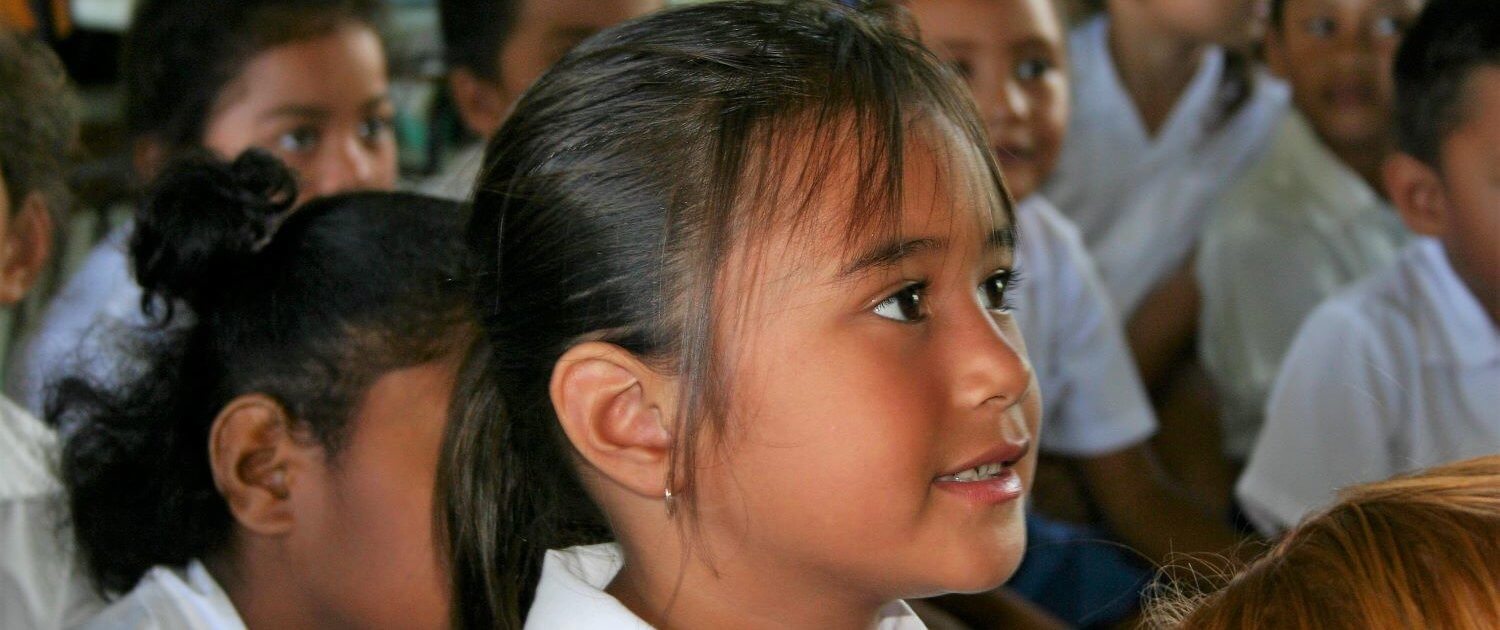
Turning it Around
Receiving so many tourists, the Cook Islands was the perfect spot for infection. Yet it appears as if the virus never even touched the country. Despite that, the islands have still suffered losses, and the country has much ground to make up in coming months.
Just as in most countries around the world, COVID-19 has affected all aspects of life for Cook Islanders. As James tells us: “The COVID-19 response during the process of welcoming our stranded people back into the country required our local people to forego the cultural practice of ‘Ta’ei’ (bestowing flowers upon returning families, visitors, and guests).” But the loss of cultural practices is not the main issue for Cook Islanders.
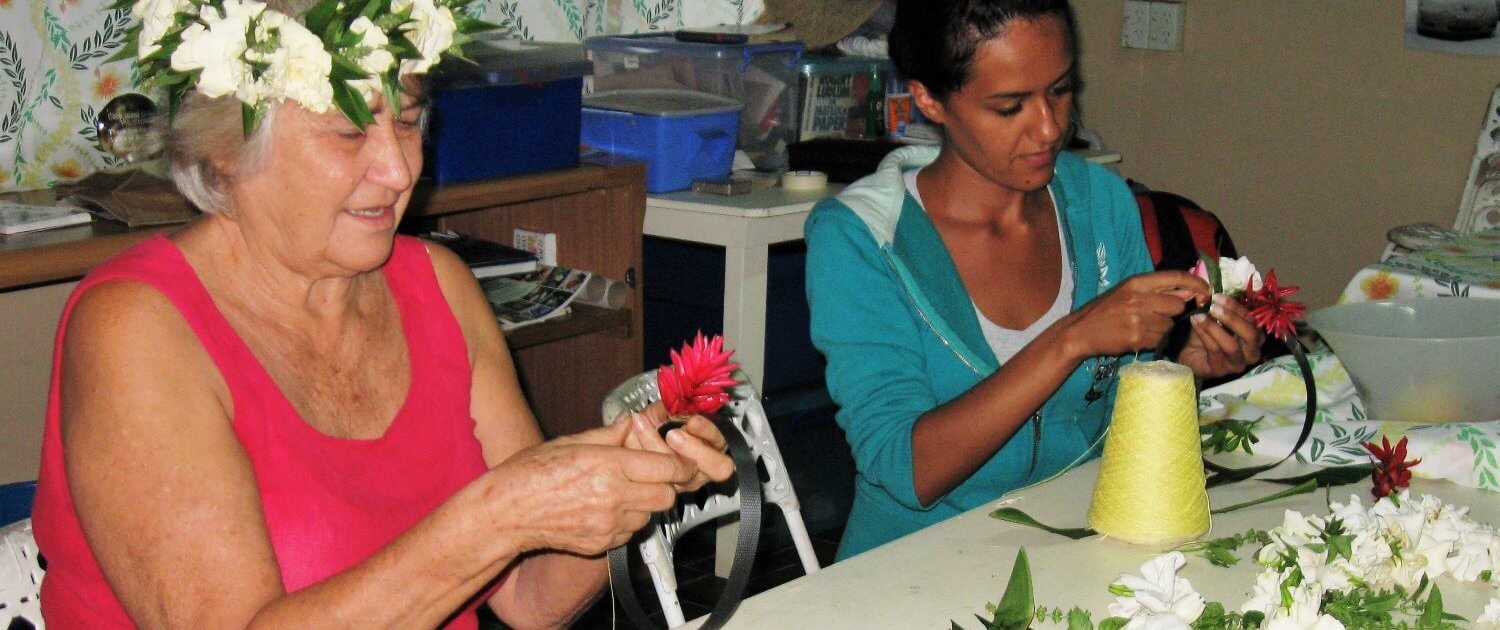
With tourism stalled, the Cook Islands lost the majority of its income as a country and will face the toughest economic blow they have seen in decades. Yet Cook Islanders have already started fighting the economic crisis. James reports that, “Cook Islanders have returned to the land to plant in an attempt to provide food security. This has been hampered somewhat by lagoon fish poisoning” unrelated to the coronavirus. But the tourism crisis affects everyone in the Cook Islands. “Stranded foreign workers that mainly support the tourism sector have been given temporary plots of land to plant and grow food for their families,” James explains.
As is their nature, Cook Islanders are facing the crisis with courage. James describes: “We have a traditional saying in the Cook Islands that goes: ‘Kia Pukuru ou vaevae, kia Mokora ou kaki’. The literal translation is: “May your legs be like the breadfruit tree and your neck be that of the duck!” Figuratively it means: “Be steadfast, but alert!” This is the current philosophical stand we take today. In COVID-19-free Cook Islands, there are many abnormalities for us, many things that affect our way of doing and being. The call for steadfastness is a means to develop resilience in these uncertain times.”
“”Be steadfast, but alert!” This is the current philosophical stand we take today. In COVID-19-free Cook Islands, there are many abnormalities for us, many things that affect our way of doing and being. The call for steadfastness, is a means to develop resilience in these uncertain times.”
– James Puati, Cook Islands Country Manager
While many countries return to a variety of economic activities, the Cook Islands’ dependence on tourism will mean a long path to recovery. James explains: “Government support has provided economic stimulus and support packages for workers and employers, although it is expected to fall well short of the mark, given the lengthy time frame and the government’s financial support capabilities.” The country as a unique entity will struggle until its main economic resource – foreigners arriving as tourists and visitors – is restored. Further, aid funding was significantly curtained when the country was “graduated” off the OECD Developing Countries list late last year. “Now more than ever, the Cook Islands need international support,” says James. “We look to your return. We Cook Islanders need your support.”
“Now more than ever, the Cook Islands need international support.“
– James Puati, Cook Islands Country Manager
You may also like:

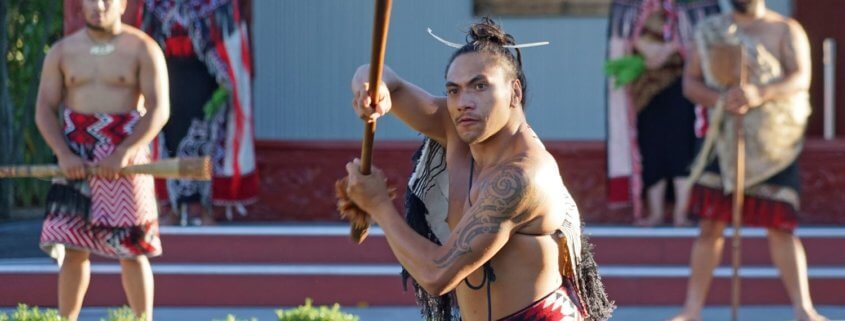


Leave a Reply
Want to join the discussion?Feel free to contribute!